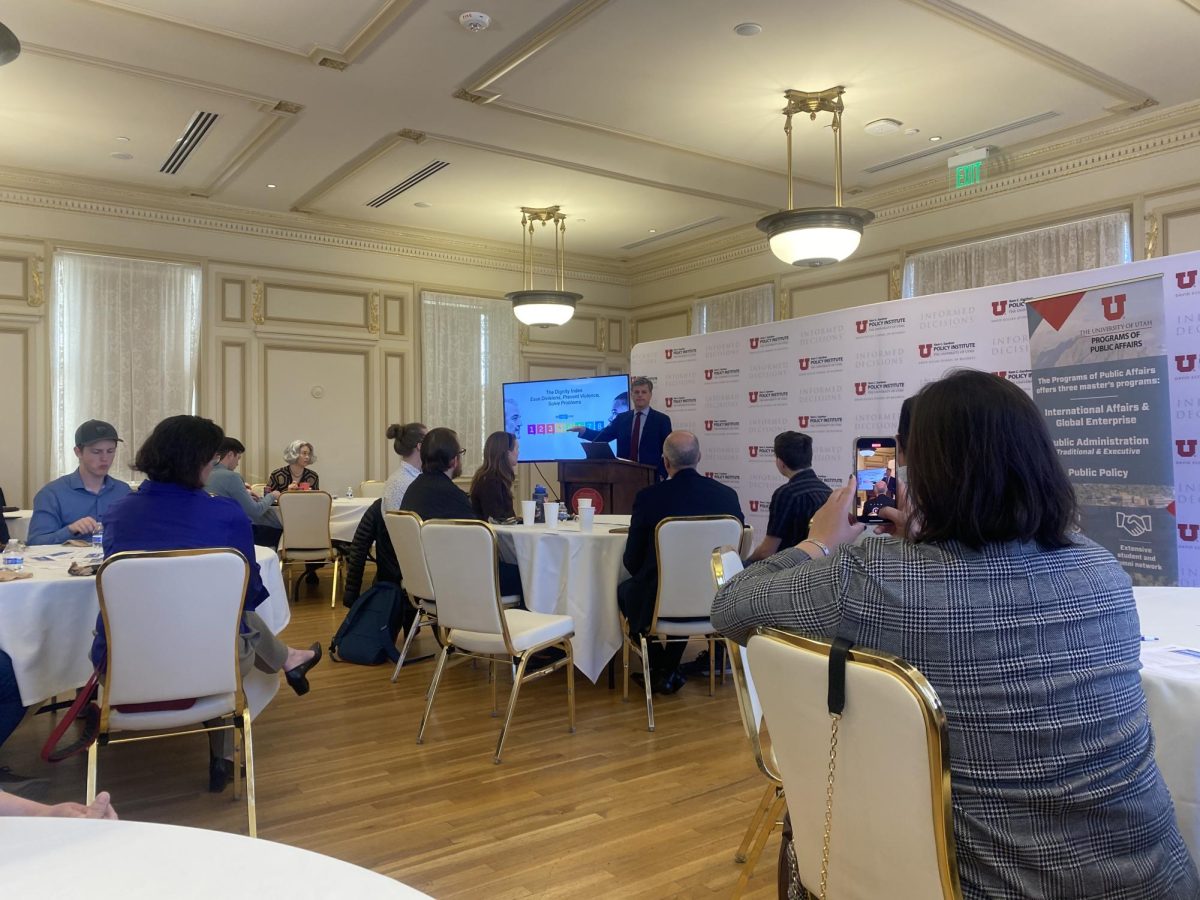Once iron enters the body, there’s no way to manually extract it. But with a new study uncovering the mechanics of iron-overload disease, researchers might be able to find effective treatments for it.
U researchers have been studying what happens when too much iron stays in the bloodstream, but on a lucky discovery, they noticed that one hormone causes the breakdown of certain proteins vital to iron-overload disease.
“Most iron-overload diseases are due to changes in that hormone, but some are due to mutations in the transporter,” said Jerry Kaplan, a pathology professor who has studied iron metabolism. “We found how the hormone binds to the transporter and induces its degradation. We can now think about designing drugs that could block the way the hormone acts.”
If the body has too little of one hormone, iron will begin building up and eventually cause organ damage.
Ivana De Domenico, a pathology professor at the U, began investigating how the hormone affects iron-overload disease for her doctoral thesis. She found the hormone binds to a protein that transports iron outside of cells through an enzyme, and when the hormone is altered, iron accumulates more in the bloodstream.
“The other kind of iron-overload has to do with the transporter (being) mutated,” De Domenico said.
If the protein that transports iron from the inside of cells to the outside is mutated, then the hormone won’t bind to the protein and will increase to compensate, which deregulates iron intake.
Kaplan said his team doesn’t plan to study what drugs can treat iron-overload disease, but other researchers have started studying the hormone and the role it plays in other diseases.
“It turns out the hormone that binds is famous for other reasons,” Kaplan said. “Other people are studying the pharmacology of that hormone. They just didn’t realize that it did this.”
Kaplan said people can also become anemic by having too much of the hormone. As a treatment for both iron-overload disease and anemia, researchers could develop a treatment that inhibits the hormone at a certain level.
For now, researchers such as De Domenico plan to continue studying how the hormone binds and other factors influencing iron build-up in the bloodstream. They might publish another study in the next few years depending on results.
The study was published in the online edition of the Proceedings of the National Academy of Sciences for the week of Feb. 16 to Feb. 20.










